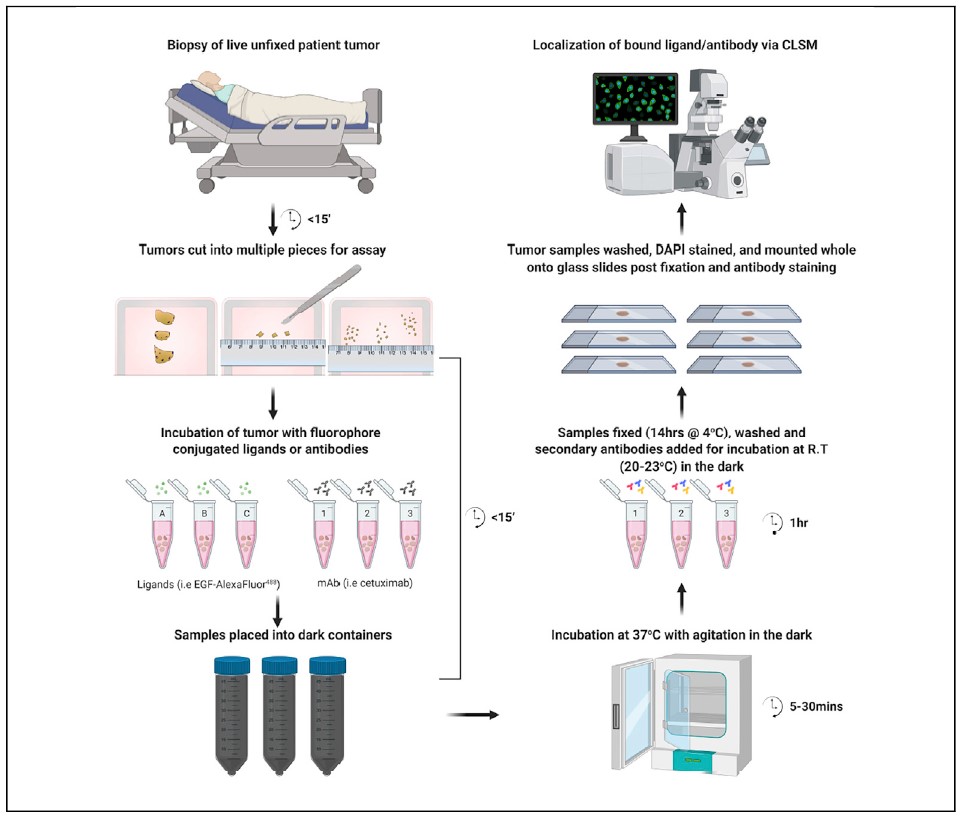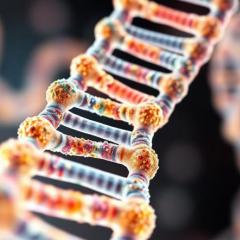An innovative technique to improve cancer treatments using tumour biopsies less than 30 minutes after they’re taken has been developed at The University of Queensland.
The ‘Drug uptake in ex Vivo tumours’ technique was developed after researchers found fresh patient tumour biopsies responded differently to treatments than the tissue cultures traditionally used.
Its inventor, UQ Diamantina Institute’s Dr Fiona Simpson, said it could be used to show how long antibodies stayed active in patients, or when antibodies were taken into the tumour where they’re destroyed.
“The technique will significantly help pharmaceutical and technology companies design future cancer drugs,” Dr Simpson said.
“Until now, scientists have only looked at how cancer drugs interact with tissue culture, not fresh tumours.
“Applying medications to tissue culture doesn’t always work because the immune system responds differently in a body.
“I thought it was pretty obvious that we should test cancer drugs on actual tumours, but people kept telling my research team that it wouldn’t work!”
The technique includes a step-by-step process to help drug companies and researchers better understand how drugs interact with patients, and respond to targeted treatments.
“We’ve created a comprehensive process, including detailed videos on tumour extraction and drug-testing processes, for researchers around the world to use,” she said.
“The technique is useful for all types of cancers, and we’re very excited about its possibilities.”
The research was published in Cell Press’ STAR Protocols. DOI: 10.1016/j.xpro.2020.100087.
Media: Dr Fiona Simpson, f.simpson@uq.edu.au; Faculty of Medicine Communications, med.media@uq.edu.au, +61 7 3365 5118, +61 436 368 746.




